March through Chisinau in support of traditional family

Priests and parishioners of the Orthodox Church on May 18 took part in a march in support of the traditional family. The event organized by the Moldovan Metropolitan Church involved President Igor Dodon and his family, IPN reports.
Before the march, a liturgy was held at the Great Saint Martyr Teodor Tiron Monastery (Ciuflea). This was attended by His Holiness Vladimir, Metropolitan Bishop of Chisinau and all Moldova. Afterward, all those attending marched along Ștetfan ce Mare și Sfânt Blvd up to the Metropolitan Cathedral “God’s Birth” in central Chisinau.

In a press release calling on the prisoners to take part in the event, the Moldovan Metropolitan Church said the traditional family reflects the Orthodox teaching, contributing thus to building a society that is well-anchored in really important values that ensure the continuity of a nation. It noted that today more than ever, the people should unite around an edificatory idea, showing that they care about our present and future and didn’t forget about the past.
Addressing those attending in front of the Metropolitan Cathedral, President Dodon said that despite multiple attempts to indoctrinate us with foreign values, over 90% of the citizens are promoters and supporters of the traditional family. “We will not allow destroying what forms the basis of our society,” he stated.
This is the latest ILGA-Europe rating of 49 European countries.
The colour assigned to each country gives you an indication of where the countries are positioned on a scale between 0% (gross violations of human rights, discrimination) and 100% (respect of human rights, full equality).

How does ILGA-Europe decide on these rankings? The rankings are based on how the laws and policies of each country impact on the lives of LGBTI people. The ranking records a country’s legal standards for comparison with its European neighbours but the numbers only provide one part of the story. Our Annual Review gives a more nuanced, detailed overview of every country’s progress over the last twelve months and has a chapter dedicated to each country as well as developments at international level.
What categories do we use? ILGA-Europe track each country using a wide range of indicators; covering everything from equality, family issues and hate speech to legal gender recognition, freedom of expression and asylum rights. These benchmarking measures were first used by ILGA-Europe in 2009 and have been expanded on ever since.



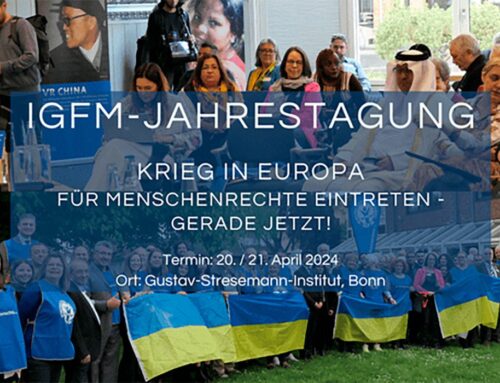
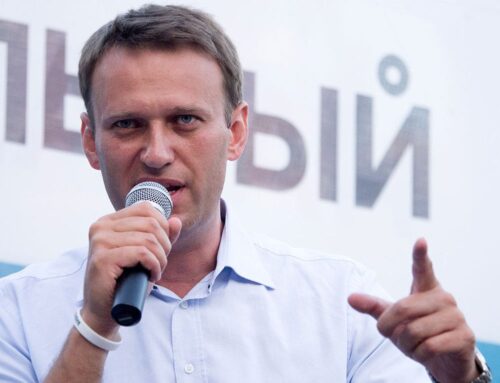
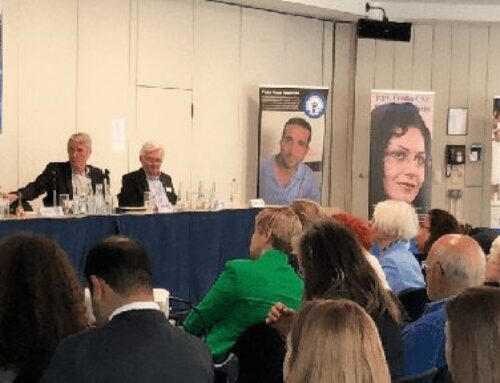
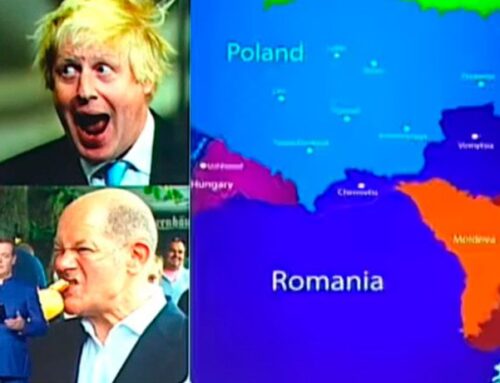
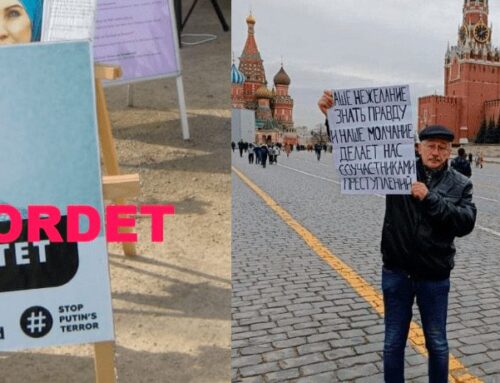
Leave A Comment